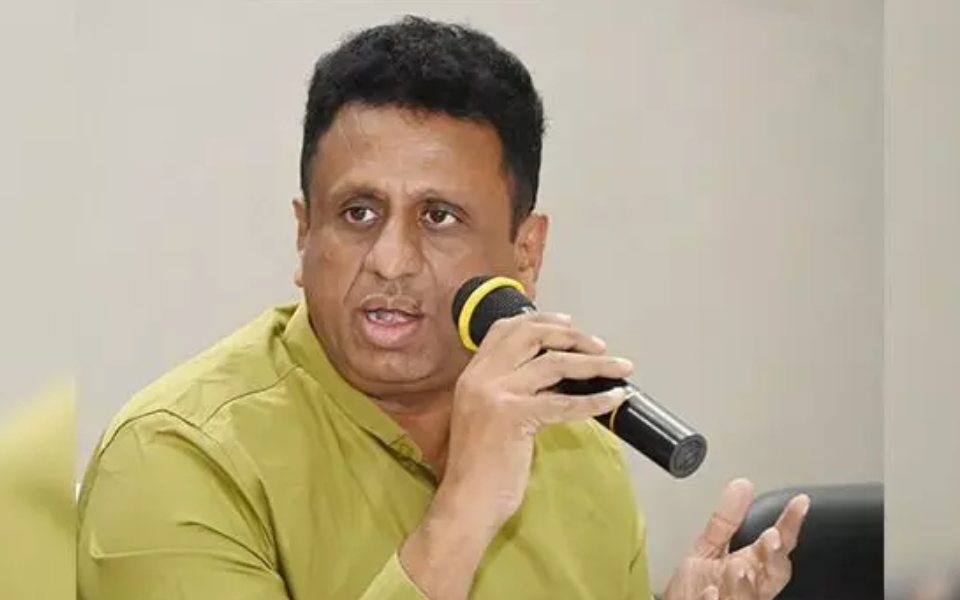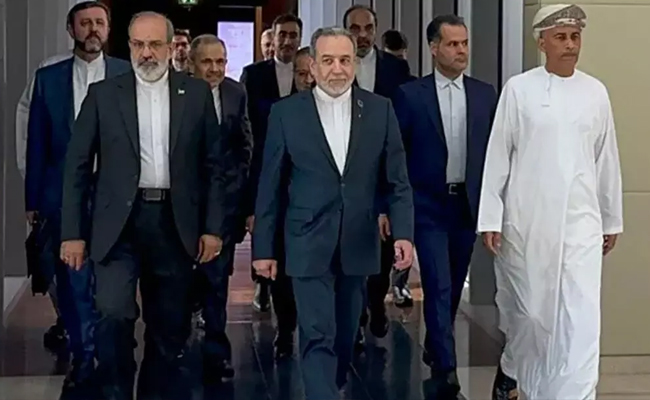Bengaluru: Hours after the Karnataka Examination Authority issued its new dress code placing a ban on all forms of head cover, Karnataka Education Minister Dr. M.C. Sudhakar clarified that there was no ban on hijabs during the recruitment examinations for boards and corporations.
The KEA's dress code, aimed at curbing malpractices such as cheating using Bluetooth devices, faced criticism from various groups and politicians, including All India Majlis-e-Ittehadul Muslimeen (AIMIM) chief Asaduddin Owaisi and former Jammu and Kashmir Chief Minister Omar Abdullah.
However, Sudhakar emphasized that the primary objective of the dress code is to prevent malpractices. He explained that hijabs, which do not cover the mouth, make it impossible to use Bluetooth devices for cheating.
Also read: KEA issues dress code for recruitment tests to state-run boards and corporations
The Minister specified that for women candidates wearing hijabs, would need to arrive at exam centers one hour earlier and undergo thorough frisking. Additional metal detectors will be introduced to enhance vigilance and prevent cheating.
Sudhakar further clarified, "These rules are not novel; they existed previously. Our aim is to heighten vigilance. While unnecessary caps or scarves are not allowed, this does not apply to the hijab."
KEA’s announcement came in light of the examinations of various boards and corporations slated to be held on November 18 and 19 across the state.
Let the Truth be known. If you read VB and like VB, please be a VB Supporter and Help us deliver the Truth to one and all.
Ranchi (PTI): A Ranchi-based businessman died allegedly by suicide by jumping from the sixth floor of his apartment here, police said on Friday.
The incident took place around 10:30 pm on Thursday in Hindpiri police station area, they said.
“The deceased, Anurag Sarawgi, was heard speaking to someone over the phone in a loud tone. The door of his room was bolted from inside. He then suddenly jumped from the sixth floor of the apartment,” SP (City) Paras Rana told PTI.
No suicide note was recovered from his room, Rana said.
A thorough investigation is underway, the SP added.
(Assistance for overcoming suicidal thoughts is available on the state’s health helpline 104, Tele-MANAS 14416.)





